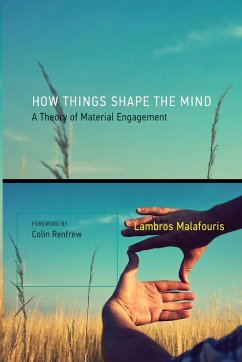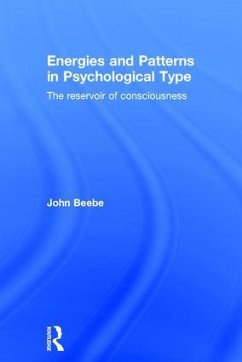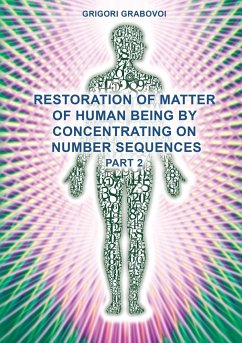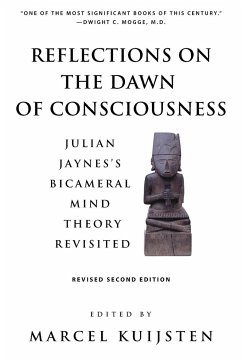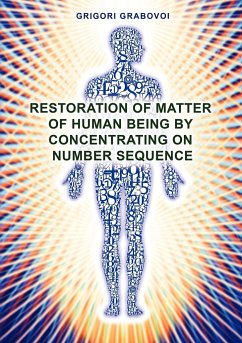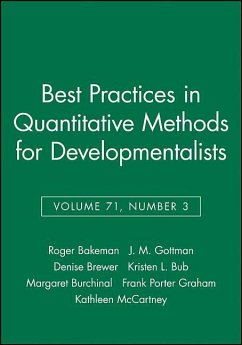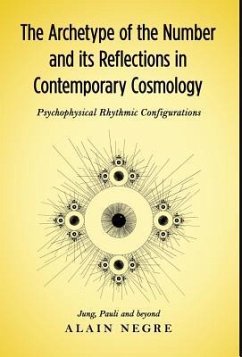
The Archetype of the Number and its Reflections in Contemporary Cosmology
Psychophysical Rhythmic Configurations - Jung, Pauli and Beyond
Versandkostenfrei!
Versandfertig in über 4 Wochen
36,99 €
inkl. MwSt.
Weitere Ausgaben:

PAYBACK Punkte
18 °P sammeln!
Mathematics is built from the natural integers 1, 2, 3, etc. Numbers are fundamental ordering elements and possess qualitative aspects that are widely present in many traditions such as the Pythagorean or the I Ching. During the building process of mathematical construction, these factors-which physicist Wolfgang Pauli called "primary possibilities" of the unconscious-abandon their symbolic meaningful charge to become quantitative mathematical numbers. Since then, although quantity and significance have been deployed in independent fields of knowledge, qualitative unconscious halos of the numb...
Mathematics is built from the natural integers 1, 2, 3, etc. Numbers are fundamental ordering elements and possess qualitative aspects that are widely present in many traditions such as the Pythagorean or the I Ching. During the building process of mathematical construction, these factors-which physicist Wolfgang Pauli called "primary possibilities" of the unconscious-abandon their symbolic meaningful charge to become quantitative mathematical numbers. Since then, although quantity and significance have been deployed in independent fields of knowledge, qualitative unconscious halos of the numbers have not disappeared so far. Pauli met them in his quest towards the famous "exclusion principle". They might seep into the scientific discourse that has reached the limits of its method, which sees the observer "coming in through the back door," as an integral part of the phenomenon "whole universe" modeled by contemporary cosmology. Through the reflection of the archetypal number, detected as "rhythmic configurations of energy" in the history of the universe, the author reveals unprecedented links between certain events in this story and raises the questions of their use in theoretical physics as an aid in interpreting and in suggesting new avenues of research.





